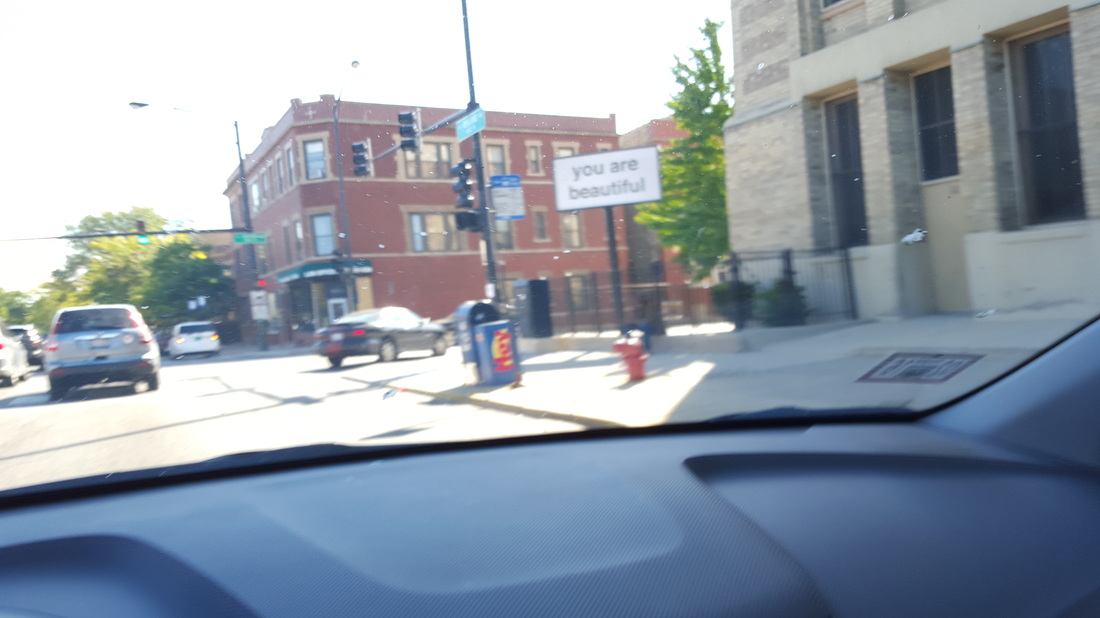 For me, there’s magic in the way that drivers make way on the road when they hear the blare of an ambulance. In the culture of Chicago traffic—where my attempts to merge seem to come off as a declaration of war to some drivers—what happens when people hear and heed the call of an ambulance siren feels like witnessing peace on earth! The act symbolizes the value that we hold in others’ lives over our own agendas. More important to me than whether people feel sentiments that seem to match their actions, is whether people act in alignment with value. As an Intercultural Trainer & Consultant, my job is to support progressive shifts in behavioral change toward values that people agree to work within. While beliefs may change over time through self-discovery, influencing attitudes is not something for which I take responsibility. If we imagine a world where people prioritize others, it’s a basic “rule of the road” that we act in parallel to what makes way for what we say we value: One another. "Making way" is about both recognizing that we are one part of one whole and then operating in that reality. Making way when we really feel like someone needs to “stay in their own lane,” is not about allowing them space. It’s about both recognizing that we are one part of one whole and then operating in that reality. Making way is an intentional decision to make meaning of mission by demonstrating the behavioral interpretations that match your values of service, team, leadership, diversity, etc.
For example: Over the past year, I have trained for Daimler[i] in a set of intercultural competence trainings. A worldwide rollout of trainings has been put in motion proactively to support knowledge transfer processes from various sites globally to the Philippines. At one of these recent trainings that I facilitated in Toronto, it took more time than participants anticipated to follow my instruction to “simply” self-identify and stand together as either Filipinos or Canadians. (Between you and I: It was a bit of a “set up”!) Filipino participants who had flown in from Cebu a few days before, quickly and easily took their place together. One of the managers from the Cebu team even offered to stand with a German expat who had called Canada home for the last two decades and didn’t quite identify as a local. And then…we waited…and watched. We made way for the process of the remainder of the group as they questioned, discussed and debated the extent to which they identified as Canadian among the employees with whom they worked side-by-side daily. The national dialogue about what makes one Canadian played out before us. In the process, the learning emerged: Our global—and local—work is now more complex because we have become more multidimensional. Making way breathes life into the living values of any group, and thereby increases the value of the group to cooperate well within the complexity they work. What values do you think were reflected in our making way? If you have imagined a world of interconnectedness, you need not wait any longer. Welcome to our current reality, where every one of us and our needs are relative to everyone else and their needs. Making way is simply acting in alignment with the way the world already works. When people work together, things go better because it’s the way of our world. Invite me to partner with you as you make way for your own organizational values. May our paths cross sometime soon in this new year. Virtually yours, Malii Brown
2 Comments
|
EngageBetween...people. place. purpose. |
 RSS Feed
RSS Feed